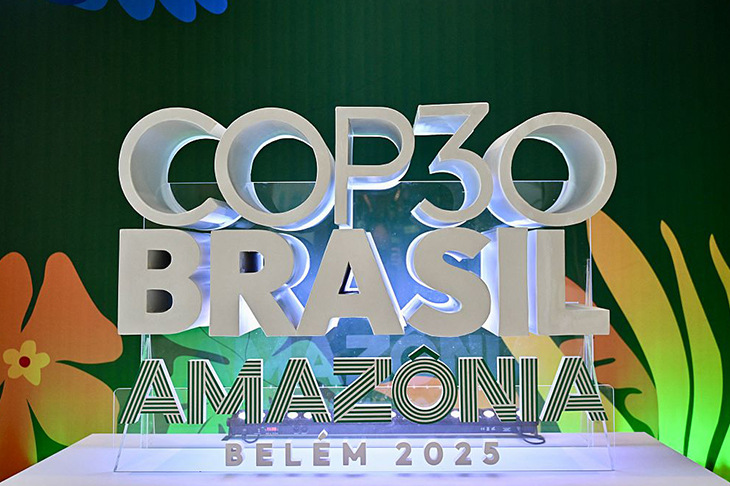
UPDATE: The global climate community is in turmoil as the COP 30 summit kicks off in Belém, Brazil, provoking intense debate over the effectiveness and sincerity of climate action. With activists like Greta Thunberg shifting focus from climate issues to geopolitical conflicts, many are questioning the summit’s relevance.
As the conference begins today, October 15, 2024, criticism mounts over the hypocrisy of climate gatherings. Thousands of delegates—including politicians and corporate representatives—travel long distances to attend, raising eyebrows about their commitment to environmental sustainability. Why not hold virtual meetings to send a stronger message?
The urgency of these discussions is underscored by recent statements from UK Prime Minister Keir Starmer, who admitted that the global consensus on climate action is dissolving. Starmer’s comments reflect a growing concern that without significant policy shifts, climate goals will remain unfulfilled.
Meanwhile, Chris Bowen, Australia’s Minister for Climate Change, is expected to arrive later in the summit, where critical decisions will be made. Reports suggest that the next COP may occur in either Adelaide or Turkey, with Bonn as a potential fallback location if negotiations stall.
In a stark warning, the OECD reported that only 17.7% of global emissions are covered by legally binding net zero pledges. This data, part of their annual Climate Action Monitor, highlights a troubling reality: momentum for climate commitments has significantly slowed since 2021, suggesting that nations are far from meeting their declared climate targets by the end of the decade.
The situation is especially dire for industries heavily reliant on energy, such as the Tomago aluminium smelter in Australia, which consumes around 10% of the state’s electricity. With rising energy prices and an expiring energy agreement looming in 2028, the facility’s future is uncertain, putting thousands of jobs at risk.
“The plotline about the endangered potlines has become distorted by critics,” stated Bowen, defending his stance amidst growing scrutiny.
As the summit unfolds, the focus will remain on whether leaders can bridge the widening gaps in climate policy. Activists and political leaders alike are under pressure to respond to public outcry over climate inaction. The stakes are high: failure to act decisively could lead to catastrophic consequences for both the environment and global economies.
As COP 30 progresses, all eyes will be on the discussions taking place in Belém. Will this summit lead to meaningful commitments, or will it further expose the fractures within the global climate agenda? Stay tuned for updates as developments unfold.






